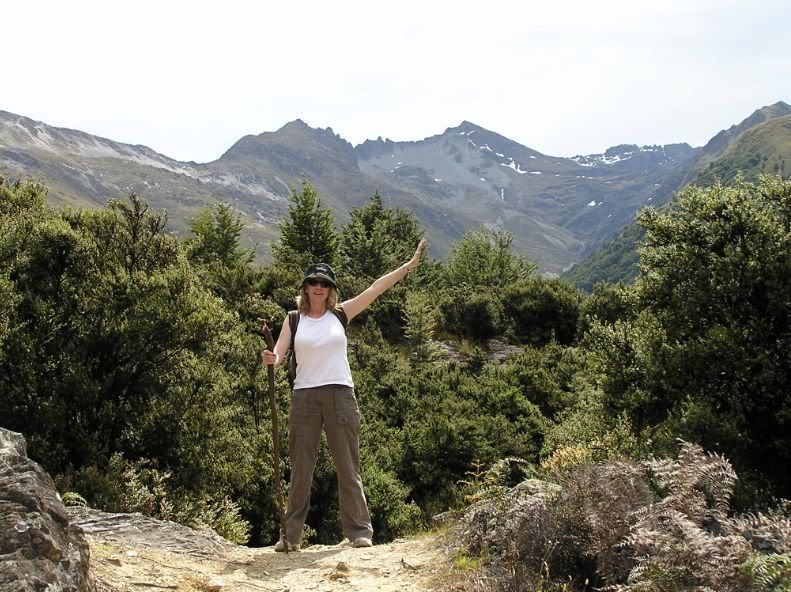Review: Pahwakhe by Gord Sellar
Online at fantasy magazine 21st january, 2008
Spoiler Warning: Maybe this is more of a critique than a review. I don't like spoilers, but found it hard to write about this story without giving (what some readers may think) too much away. I don't think I have, but I thought I'd warn you just in case.
A tale of paternal love that is undermined by selfishness and greed. A man forces his daughter, Pahwakhe, to marry a ghostly visitor: a musician who takes her away to a place beyond the limits of the living. A year later a child is born – part-human/part-ghost – but it does not fit into its ghostly father’s world, so Pahwakhe returns to her parents, hoping her child can fit in here. Human love, it turns out, has the potential to either save this child or destroy it.
Pahwakhe is told mostly in the form of flashback and from first person point of view. This works really well here because, by choosing to leave certain emotions unsaid, the narrator (Pahwakhe’s father) exposes his flaws. His tragic moments are often understated yet at the same time illuminated.
The story feels very much like a tale told by a fireside. It is framed by two scenes set in the present which serve firstly to foreshadow the conflict and lastly, to reinforce the magnitude of that conflict. The prose is sometimes stark, sometimes lyrical and filled with images of startling clarity:
The singing voices out on the water are moving, sad fiddles calling out like broken birds. They’re coming here. I never imagined them returning.
The setting has an unearthly feel to it, possibly because there is little in the way of description of the normal world. The reader senses that the village is somewhere in North America from keywords such as ‘longhouse’ and ‘chiefs’ and ‘pemmican’, however the lack of reference to any distinctive feature does not rule out that this story could also be set in Polynesia, perhaps on a volcanic stony beach. But this does not matter. What’s important is the overlap between the worlds of the living and the dead: the fog through which the visitors arrive, the unsettling music, the ghostly faces.
On my first reading, I wasn’t sure if the narrator’s claim that the visitors were ghosts was meant to be taken literally or not. It rings true with indigenous people’s first encounters with Europeans, where they believed that pale skinned people were returned spirits, where poor farming practices damaged the land. I like this ambiguity. It grounds the story in both the real and the fantastic. Not knowing what is really happening until later is more unsettling than being told outright.
Although the narrator often understates his emotions, he is clearly miserable. This misery can be felt through his observations, eg, the strangers’ words were “heavy like stones” followed up later with “I cannot find the words. They’re heavy on my tongue, too, now.” His strongest emotion however – the one he dwells on the most – is his yearning to possess first his daughter and then later, his grandchild. Disturbingly, it is not love or sadness or remorse that he articulates most clearly, but his need to possess. For me, this is yet another of the story’s strengths.
Interesting to note is that where the previous story I reviewed (How To Hide Your Heart by Deborah Coates) focuses on acknowledging one’s humanity as a means to survive, this story does the opposite by showing humanity in a far from ideal form. Rather than bring people together, it drives them apart.
If I say any more, I’ll give away the ending. Instead, go read it yourself. It’s a neat little story with a lot to say.
Australian Books I'm Excited to Read in 2025
-
I made this image earlier in 2025, when I was writing on my Instagram
account about the importance of pre-ordering books. The list of books that
I am ...
2 months ago
